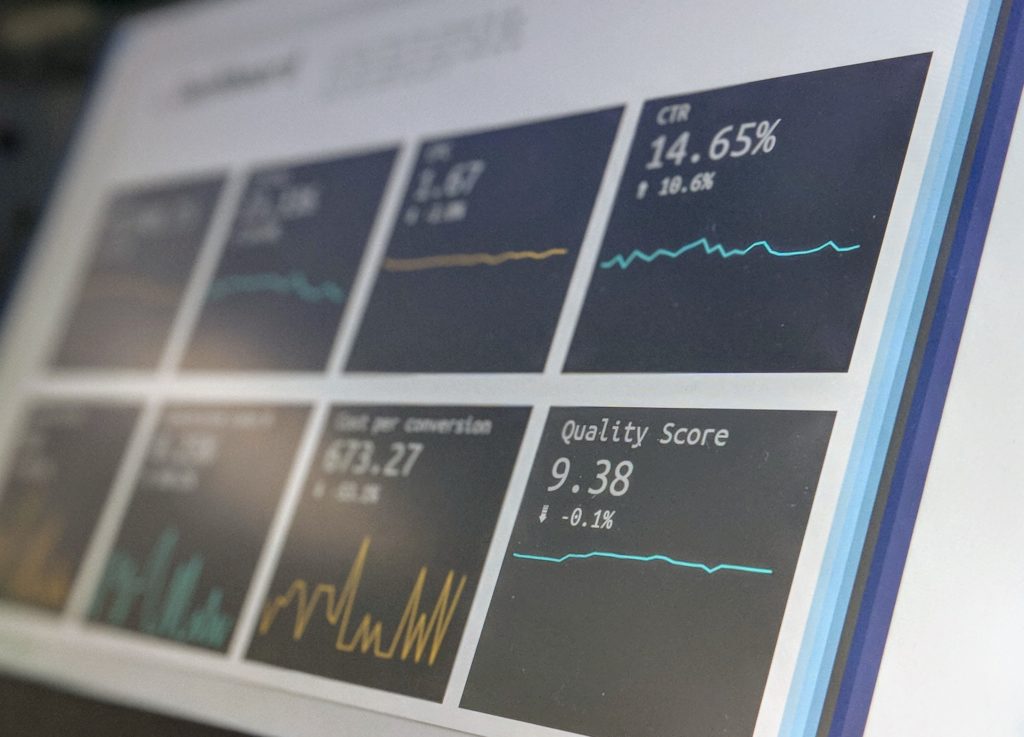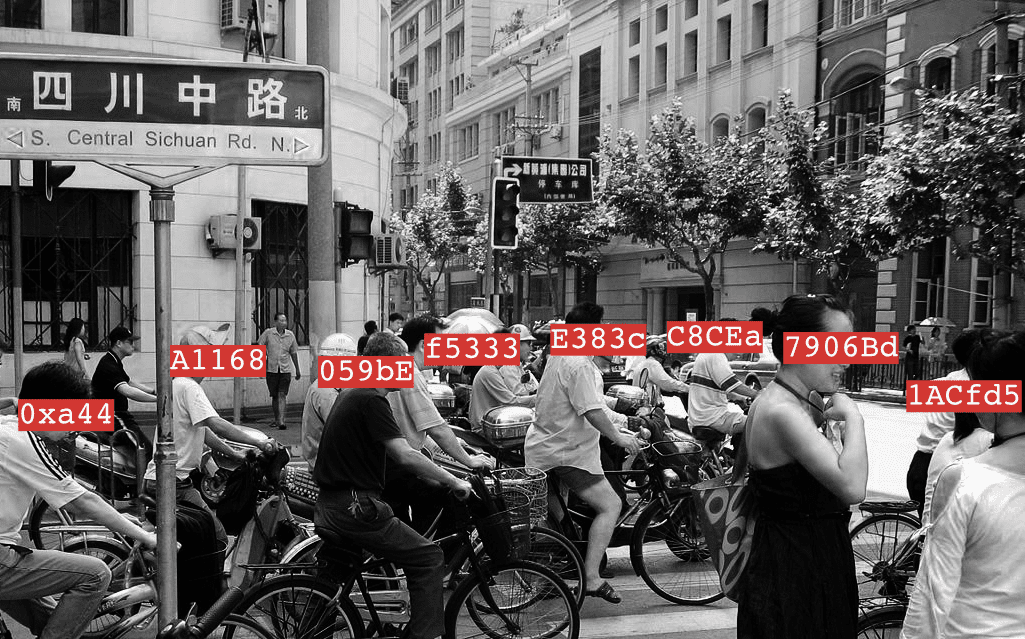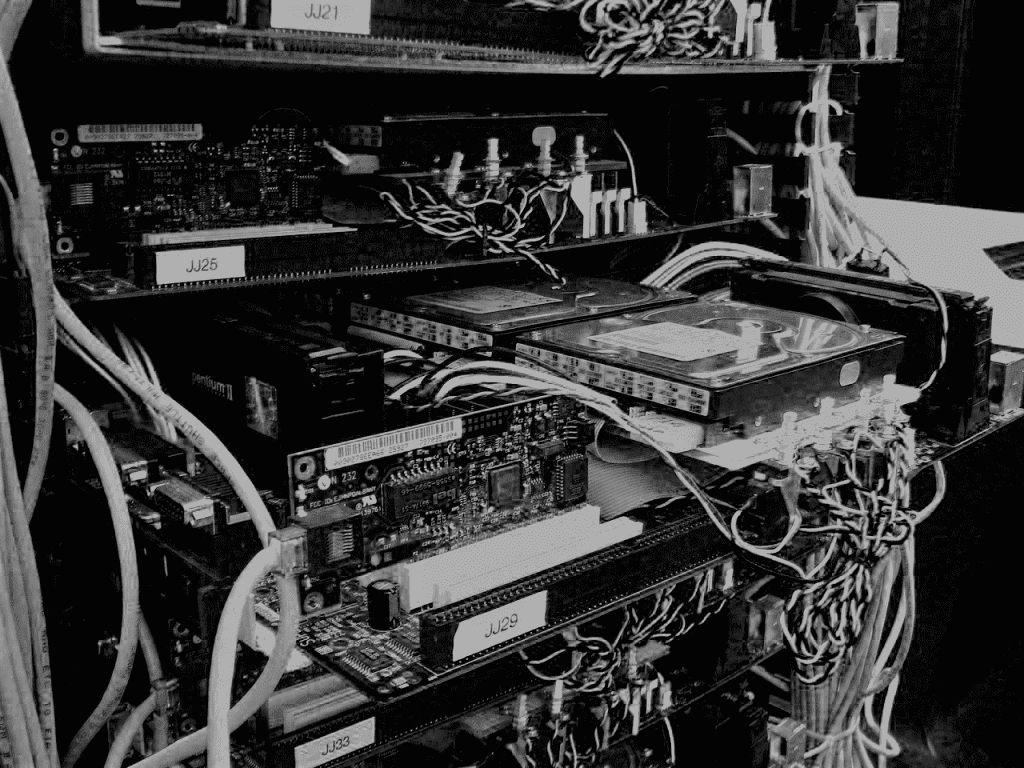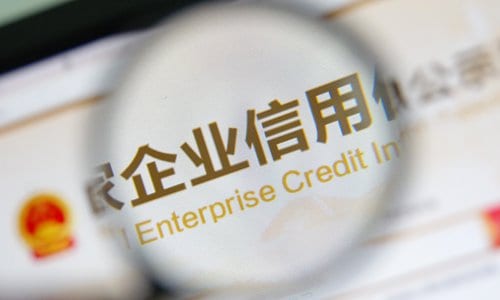The Chinese government has announced that China’s social credit system will be effective for individuals and companies by the end of 2020. The final implementation phase is currently ongoing, and we should expect national laws and regulations to be published soon.
To sustain the Chinese government’s will to push forward the implementation of the CSC, the following policies and draft amendments have been recently published by government authorities:
- On July 10, 2019, the State Administration for Market Regulation (“SAMR”) issued an amended draft of the Measure for List of Entities and Individuals with Serious Illegal or Untrustworthy Conduct;
- On July 16, 2019, the China State Council issued the Guiding Opinion on Accelerating the Establishment of the Social Credit System and Building a Credit-based Monitoring System;
- On September 1, 2019, the National Development and Reform Commission (the “NDRC”) issued a notice regarding Furthering and Applying Market Actors’ Public Credit Comprehensive Evaluation Result.
What is the China social credit system?
Through series of Memorandum of Understanding (“MOUs”) signed among large groups of Chinese governmental authorities and targeting uniformization and communication among PRC authorities, the China social credit system will be a tool for social governance and will aim at imposing joint sanctions on companies and individuals.
The corporate social credit aims at covering all fields: production, environment, taxes, data transfer, international trade, e-commerce, etc.
Depending on their social credit ranking, companies and individuals will be classified into different categories, from “trustworthy” to “heavily distrusted” or “blacklisted” with a corresponding system of rewards and punishments. Trustworthy individuals or companies (or red-listed individuals and companies) will enjoy preferential treatments such as access to fast-track administrative procedures or better financial credit conditions, while blacklisted individuals or companies will face restrictions in different sectors, may it be market access or purchase of transportation tickets.
The Chinese government is applying the principle “misconduct somewhere, restrictions everywhere”, meaning that one or repetitive misconduct(s) in a specific sector may lead to a company or an individual being blacklisted.
Consequences of blacklisting of companies and individuals
Depending on the type of infringement, a blacklisted company may face temporary or life-long restrictions to access to governmental incentives, market access in some sensitive sectors (food, drug and environment sectors, for example), import of goods, and face higher frequency of routine administrative inspections; a blacklisted individual may be restricted from travelling by plane or high-speed train, representing companies or taking senior management roles, for example.
A company’s blacklisting also affects its legal representative and key personnel whose social credit score is consequently impacted by the company’s misconducts.
Considering the heavy consequences restrictions imposed on a blacklisted company or individual, ensuring that a company or its employees are not blacklisted or foresee adapted solutions is now key in the Chinese due diligence process. As the new social credit system is not implemented yet, the full picture of its consequences cannot be assessed now. However, we can already anticipate some impacts from the policies already in place.
Key points to be checked during a due diligence
The following key points shall be verified when carrying out a due diligence on a Chinese target company:
- Corporate social credit score status: first and foremost, a due diligence on a Chinese target company shall aim at verifying the social credit score of the company. The MOUs entered by various PRC authorities should make it possible for the Chinese government to compile a unified social credit score for each company and individual, published online on the China’s National Enterprise Credit Information Publicity System (the central database operating since 2015), the official website CreditChina and other privately-owned websites.
For now, CreditChina enables to freely check whether a company or an individual has been blacklisted or has irregularities, public access to each company and individual’s social credit score is not yet granted.
For the moment, most data collected by China’s National Enterprise Credit Information Publicity System and other platforms are obtained through self-reporting processes by companies to the PRC authorities during routine inspections, license application or product certifications, for example.
Therefore, making sure that a company is not blacklisted is already a first step ahead into having a clearer idea of its compliance level with PRC authorities, and ability to conduct business in the near future.
Recommendations: potential investors shall proactively check a Chinese company’s status on CreditChina and other publicly accessible platforms in order to make sure that the target is not blacklisted or received administrative penalties, that it has not a limited market access and whether it can be listed on public markets, for example.
- Key employees: blacklisting of an employee may have two major impacts for the company: (i) such employee may face transportation restrictions (purchasing plane or highspeed train tickets, for example), and (ii) he/she may not be able to represent the company in discussions with some governmental authorities, such as tax and customs.
Such restrictions are a real issue for (i) appointment of a local general manager, or (ii) senior executives, commercial and sourcing employees, for example, who are required to travel inside and outside China on a regular basis to perform their duties.
Recommendations: the due diligence shall review the key employees’ personal rankings on the different databases and identify whether they are subject to such restrictions, it shall also identify whether another employee can replace them in their duties in the event of blacklisting.
- Contracts with suppliers: the concern is to make sure that Chinese partners of a target company (i) are not already blacklisted, and (ii) stay compliant to avoid any future blacklisting; the whole supply chain of a company needs to be controlled in terms of compliance.
Indeed, a blacklisted supplier may be restricted from completing its obligations and therefore disrupt the company’s supply activity. When a target company relies on few key suppliers and/or is supplied on a “just-in-time” basis, the company’s business may be seriously impacted.
Recommendations: the due diligence shall check whether contractual clauses deal with situations of blacklisting and potential remedies for the company.
A one-time due diligence will not be enough to ensure that a company is not negatively impacted by the China social credit: regular monitoring the social credit score status of the company, suppliers and employees is key. Indeed, sole compliance may not be enough as companies will also need to ensure the trustworthiness of their suppliers and their whole supply chain.
The company’s scores will need to be checked regularly on all rating databases. As the corporate social credit system will continue to evolve, attention should be paid to potential updates in the governmental changes for ratings and ratings requirements.
To know more, please contact:
Bruno Grangier b.grangier@leaf-legal.com
Chloe Voratanouvong c.vorata@leaf-legal.com












